Text-to-speech (TTS) APIs have revolutionized the way we interact with digital content, offering real-time speech synthesis and transcription capabilities. However, it's essential to understand the pricing models and factors that influence the cost of using TTS APIs for your projects. In this article, we will explore the various pricing considerations when using TTS APIs, popular providers such as Google Cloud and Microsoft, and the factors that impact the overall cost. We will also discuss use cases, tutorials, and optimization strategies to help you make informed decisions when integrating TTS functionality into your applications.
Evaluating the cost of text to speech APIs
Pricing models for TTS APIs can vary among providers. Google Cloud text-to-speech, for instance, offers pricing based on usage, including the number of characters processed or the duration of audio generated. Speech recognition is priced separately. Microsoft offers a similar pay-as-you-go model for their TTS API, with pricing based on the number of characters converted to speech. It's important to consult the pricing documentation of each provider to understand the specific details and calculate the cost for your expected workloads. When evaluating the cost of TTS APIs, it's crucial to consider your specific use cases. Factors such as the volume of text to be converted, the desired quality of speech synthesis (including lifelike and high-quality voices like Google Cloud's Wavenet voices), and the frequency of API calls can impact the overall pricing. Some providers offer free tiers or trial periods that allow you to experiment with the API and understand its capabilities before committing to a paid plan. To optimize the cost of using TTS APIs, consider utilizing caching mechanisms and minimizing unnecessary API calls. Caching responses can reduce the number of requests made to the API and help manage costs effectively, particularly for recurring text or frequently accessed content. Additionally, carefully analyze your workloads and determine if batch processing or offloading certain tasks to on-premises solutions can be a more cost-effective approach. In terms of implementation, TTS APIs often provide comprehensive documentation, tutorials, and SDKs to facilitate integration into various frameworks and platforms. These resources guide developers through the process of sending text inputs, customizing voice options (such as selecting a specific voice or creating a custom voice), and generating audio files or real-time speech. Understanding the technical aspects of the API, such as authentication, permissions, and required dependencies, is crucial for a smooth integration process. Consider the specific requirements of your project when selecting a TTS API provider. Evaluate factors such as language support, available voice options (including standard and AI-generated voices), multilingual capabilities, and compatibility with your target platforms (such as web applications, mobile apps, or command-line tools). It's also beneficial to review customer reviews, FAQs, and the level of support provided by the API provider to ensure a reliable and satisfactory experience.
Speechify offers the best value for your money
Speechify stands out as the best priced text-to-speech (TTS) API, offering exceptional value for your money. With competitive pricing options and a comprehensive range of features, Speechify delivers an excellent balance between affordability and quality. Leveraging the power of machine learning and artificial intelligence (AI), Speechify's cloud-based API provides real-time, high-quality AI voice synthesis and transcription services. It offers a user-friendly interface, extensive documentation, and helpful tutorials to assist developers in integrating the API seamlessly into their applications. With support for custom voices, audio files, and lifelike Wavenet voices, Speechify caters to various use cases such as video content, voiceovers, and mobile apps. The availability of a free tier further enables users to explore the capabilities of Speechify without any upfront costs. Whether you're developing web applications or command-line tools, Speechify's pricing calculator and optimization features allow you to tailor the API usage to your specific workloads, ensuring cost efficiency. With Speechify, you can unlock the power of natural-sounding speech synthesis and elevate your applications to new heights. In conclusion, the cost of TTS APIs depends on several factors, including the provider, usage volume, quality of speech synthesis, and specific use cases. By understanding pricing models, exploring optimization strategies, and carefully evaluating the features and capabilities of different providers, you can select the most cost-effective solution for your text-to-speech needs. Utilize the available documentation, tutorials, and support resources to integrate the API seamlessly into your applications and unlock the potential of natural-sounding speech synthesis.





